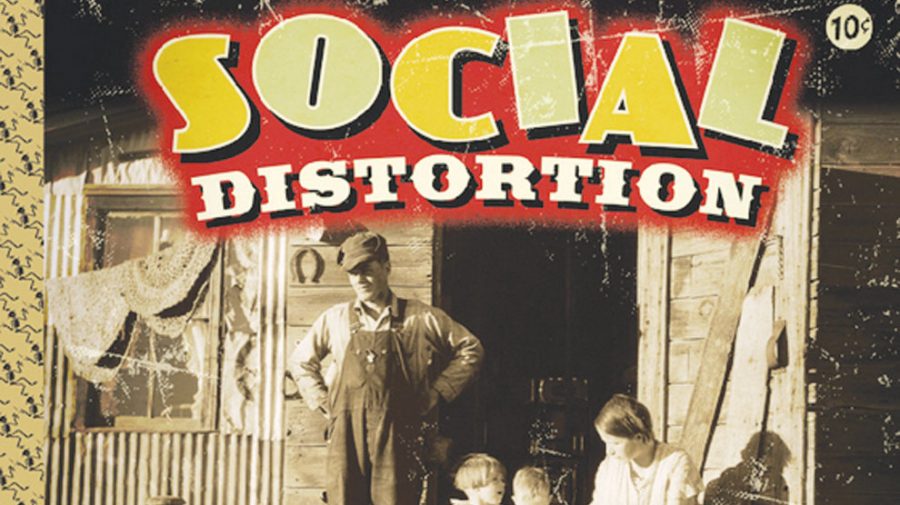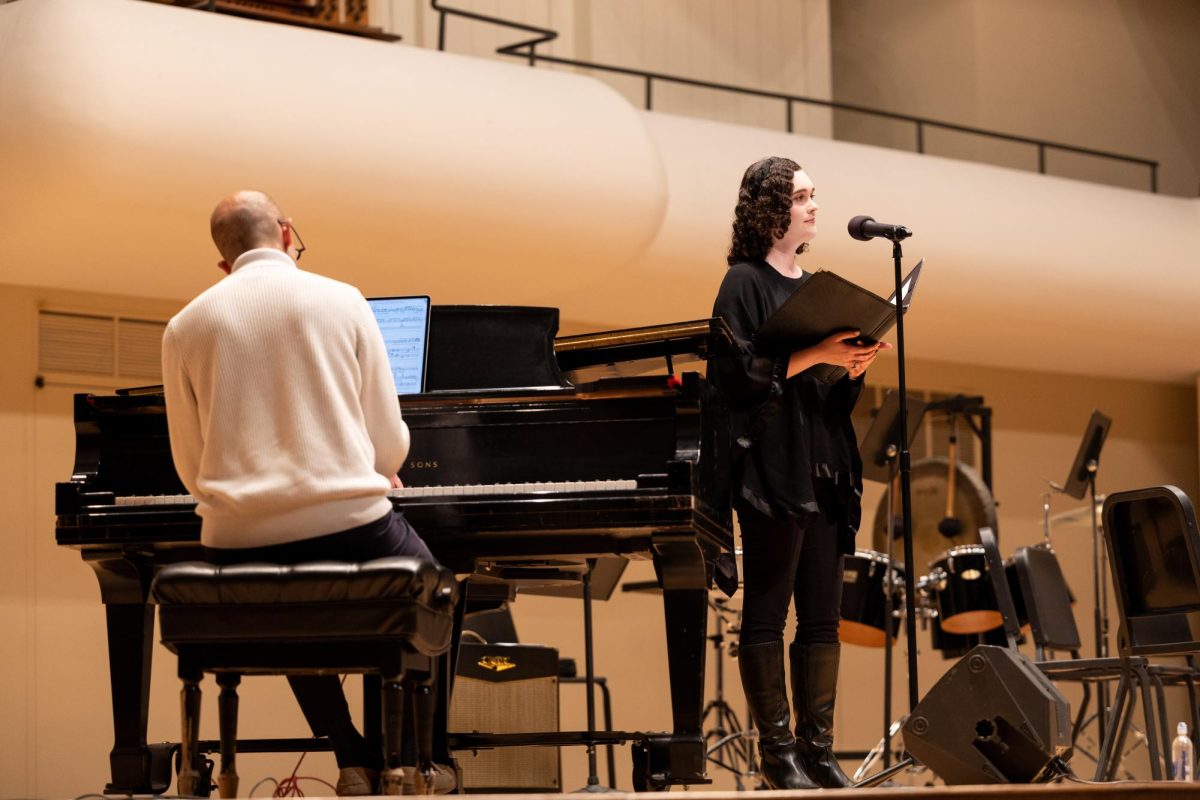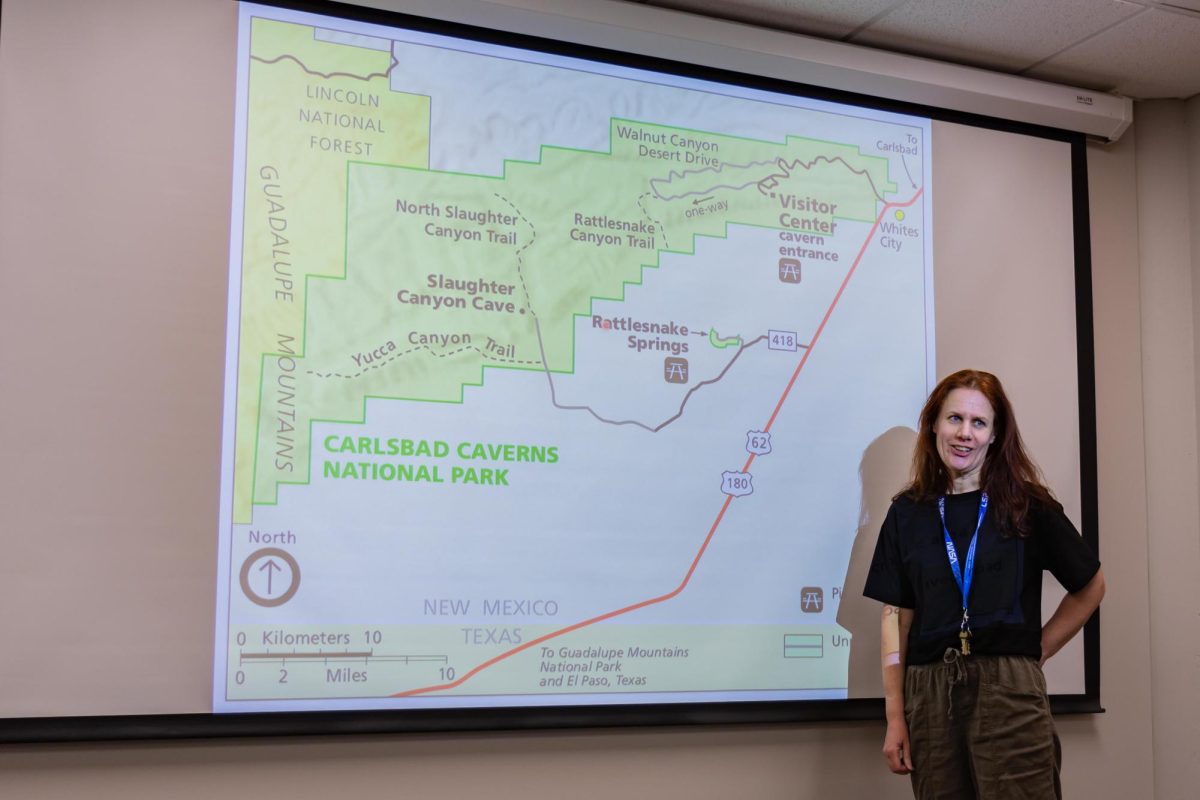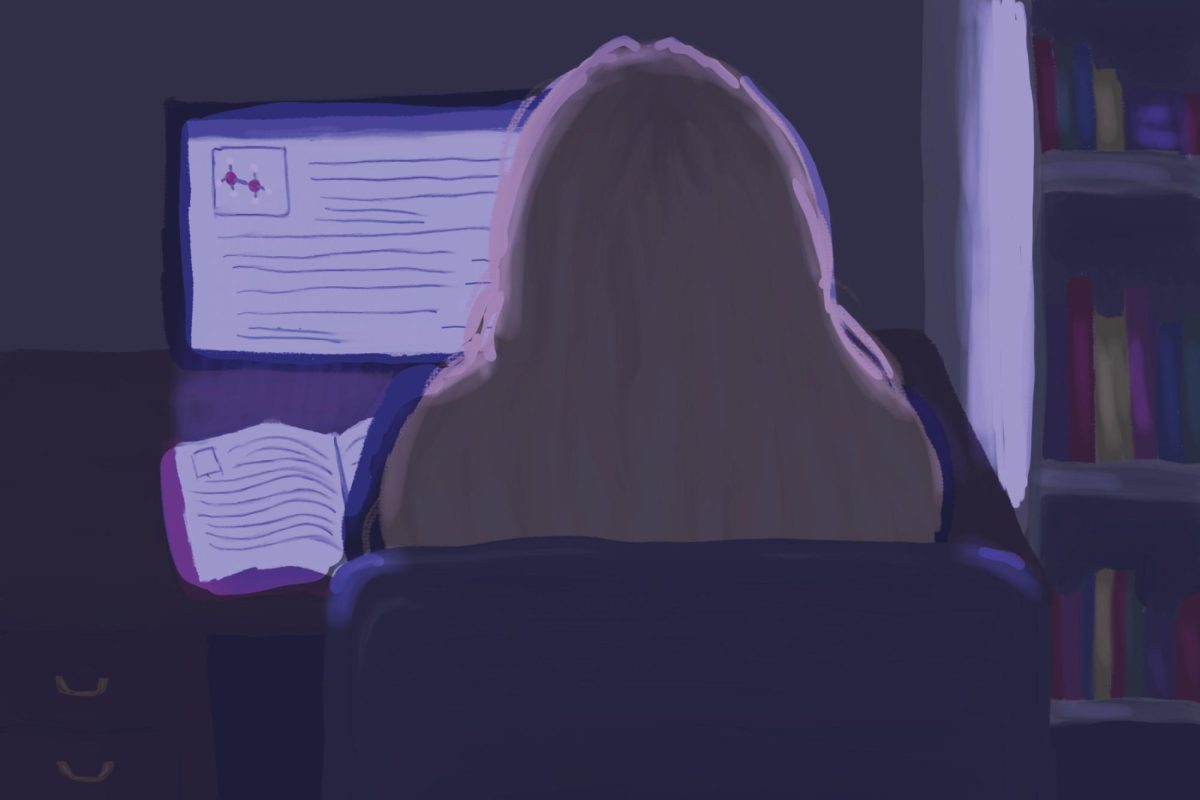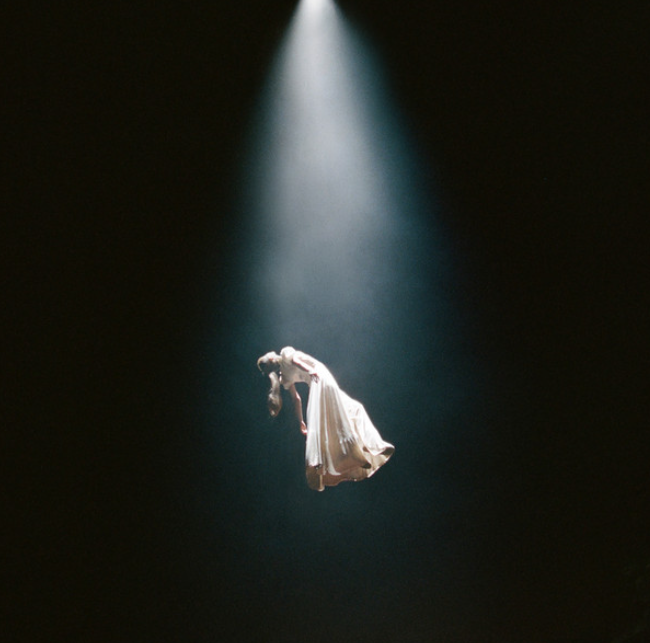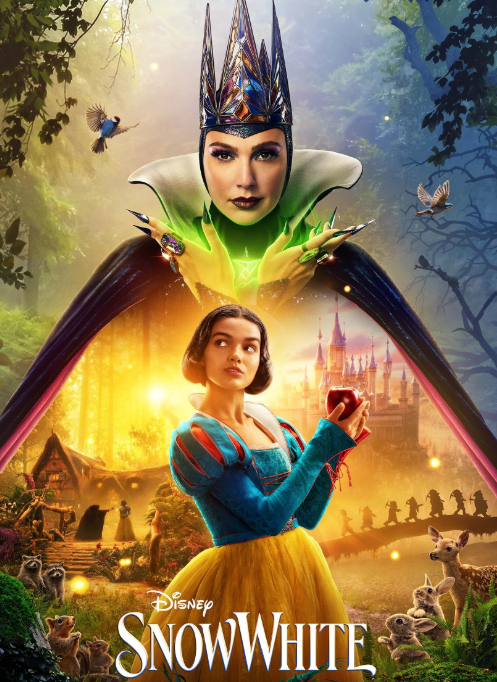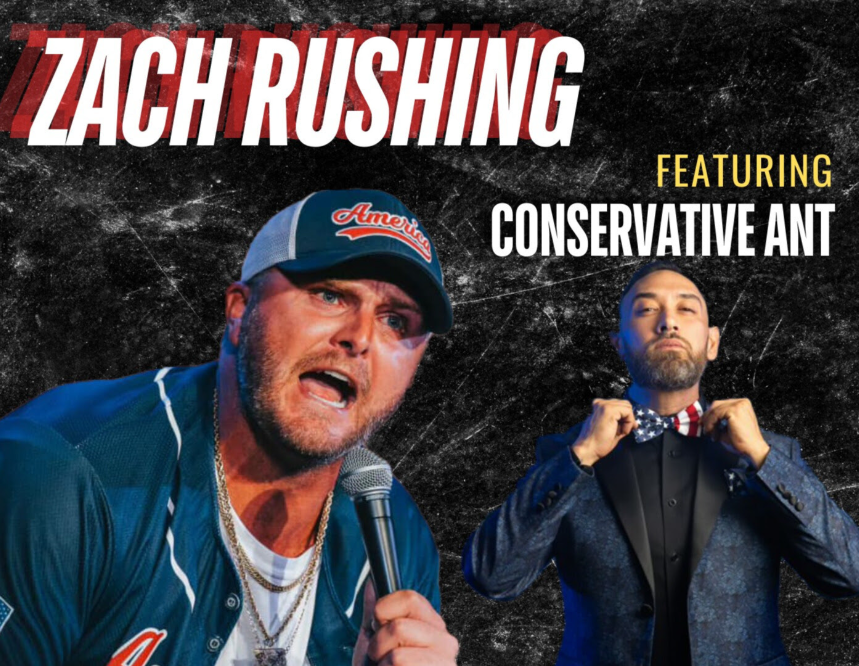When Social Distortion formed more than 30 years ago, frontman Mike Ness and company got people to listen to them the only ways anyone in the L.A. punk scene knew how – they put up posters, told their friends and hoped those friends would tell their friends. Those friends, with some help from KROQ DJ Rodney Bingenheimer, launched a career.
Seven albums later, not much has changed. Despite the band making its first-ever television appearances on “Jimmy Kimmel Live” and “Conan,” Social D’s latest album, “Hard Times and Nursery Rhymes,” is still driven by the love of fans, not radio and television producers.
The proof is in the album’s Amazon.com price.
Before the album’s Jan. 18 release, Social D posted the entire album online to stream, and set the Amazon download price at $12.99. For every 100,000 times someone listened to a song, the price came down a dollar. Now, you can buy it for $7.99.
Whether the price drop is attributed to half a million people listening to “Machine Gun Blues” or a few thousand die-hard fans listening to nothing else besides the album, the scheme did more than get fans excited for the band’s first release since 2004’s “Sex, Love and Rock ‘n’ Roll.” It gave fans an incentive to spread the word.
Call it bribery, but there are few better ways to advertise than to get fans to tell their friends. It worked when they shared the stage with bands like TSOL and the Adolescents in empty warehouses, and it still works when they share the stage with the biggest names in late night.
The album itself indicates that Social D hasn’t changed much since the days of handmade posters and fliers. The music still centers on people you may not want to meet in a dark alley at night. The album’s first single, “Machine Gun Blues,” tells the story of a 1930s gangster whose goals are simply getting cash and dodging the law.
But whereas a younger, brasher Ness might have painted a portrait of an unrepentant criminal, this character is well aware of the consequences of his actions. The gangster has accepted the fact that his “life will soon be through” and expresses the slightest bit of regret.
Elsewhere on “Hard Times,” the maturation of the band’s usual themes of heartbreak and fast living are evidenced in an acceptance of life’s problems. In “California (Hustle and Flow),” the band looks back on the difficulties expressed in their classic “Ball and Chain.” In 1990, a 28-year-old Ness sent out a cry for help: “Take away this ball and chain / I’m lonely and I’m tired and I can’t take any more pain.”
Now, pushing 50, Ness seems to have accepted the burden he lamented before, singing “Everybody’s got some sort of ball and chain, what’s life without a little pain?” Then, shrugging off, and perhaps denying, his past pessimism, he states “Life gets hard, and then it gets good / Like I always knew it would.”
Musically, the album maintains the trademark sound Social D has had for three decades. Pounding drums and driving guitars blend with Ness’ raspy voice to make the listener wonder if the Rolling Stones had replaced Mick Jagger with a freight train.
“Hard Times,” however, incorporates the band’s maturity into more than just the lyrics. Gone is the classic punk rock desire to play 10 tracks in 20 minutes. “Bakersfield” spans nearly six and a half minutes, which may be a chore for punk fans.
The album also makes extensive use of harmony, including a gospel choir, which blends masterfully in “Can’t Take It With You.” While multi-part harmonies are nothing new to punk rock – Bad Religion has used “oozin’ aahs” for decades – they add that much more honesty to Ness’ already emotion-soaked vocals.
Though little is revolutionary about “Hard Times,” the album shows what happens when punk rock manages to stick around a while. And for a genre that was born in warehouses and mosh pits, it’s about time someone grew up a little and looked back.
“Hard Times and Nursery Rhymes”



